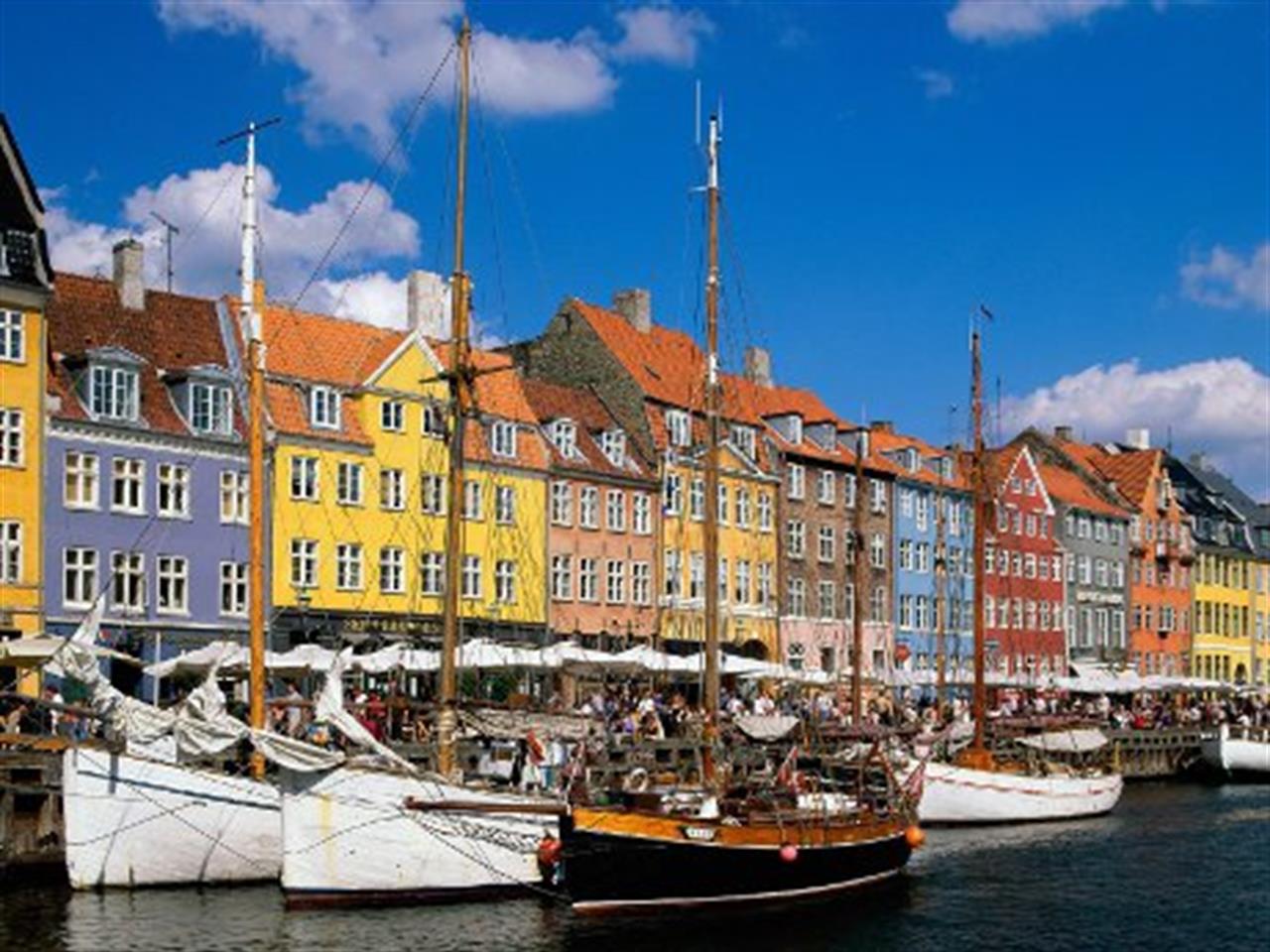This programme outlines the priorities and objectives to spend
€400 million, of which over 200 from the EU budget, contributing to
strengthening economic growth in all Danish regions and to achieving the
EUROPE2020 objectives of smart, sustainable and inclusive growth.
Investments in entrepreneurship and an increased focus on vocational training are among the Danish plans approved by the European Social Fund (ESF).
The ESF is Europe’s main instrument for supporting jobs, helping people get better jobs and ensuring fairer job opportunities for all EU citizens.
Every year, the ESF helps around 15 million citizens to get a job or to improve their skills to do so in the future.
In 2014-2020, for the first time in the history of EU Cohesion Policy, a minimum budget representing at least 23.1 percent (at EU level) within Cohesion Policy funding has been allocated to the ESF.
The total ESF allocations will be distributed among the following four priorities: Vocational training and higher education, Entrepreneurship and job creation, inclusion through education and employment and cross-border mobility.
As for vocational training and higher education, 150.3 million euros will be devoted to increase the number of people participating to vocational training.
Entrepreneurship and job creation are not far behind, with a total ESF contribution of 144.7 million euros, while 80.1 million euros will help those on the margins of the labour market to find a job and 5.6 million euros will fund actions to enhance transnational labour mobility.
Vuoi accedere all'archivio di VITA?
Con un abbonamento annuale potrai sfogliare più di 50 numeri del nostro magazine, da gennaio 2020 ad oggi: ogni numero una storia sempre attuale. Oltre a tutti i contenuti extra come le newsletter tematiche, i podcast, le infografiche e gli approfondimenti.

